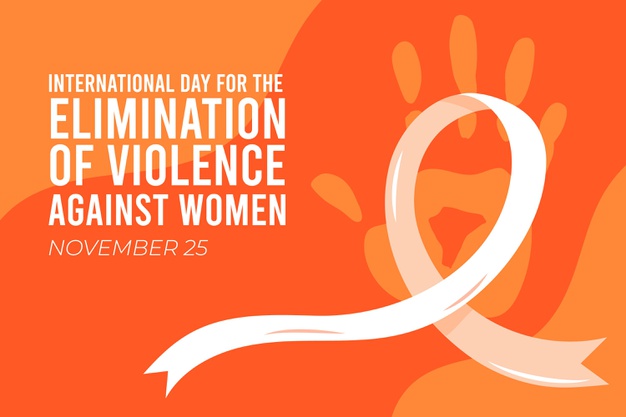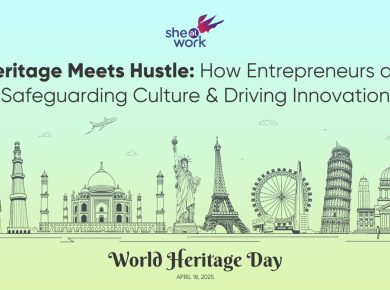On 25 November – International Day for Elimination of Violence Against Women, sheatwork reminds everyone about taking a stand against gender-based violence
On November 25 – the International Day for Elimination of Violence Against Women, we remember how there was a clear stand taken globally against gender-based violence. Many initiatives were introduced to deal with this problem.
The Convention of Elimination of All Forms of Discrimination against Women (CEDAW) was adopted by the UN General Assembly in 1979 – to lay the foundation for opening up the path towards a world, free of gender-based violence. Then, an initiative was launched in 2008 known as the UNiTE to End Violence against Women, the objective of which was to raise public awareness around the issue. Going beyond, it also aimed at increasing both policymaking and resources dedicated to ending violence against women and girls worldwide.
In 2017, the European Union (EU) and the UN launched the Spotlight Initiative, which focused on eliminating all forms of violence against women and girls – by putting the spotlight on raising awareness levels of this issue, in line with the 2030 Agenda for Sustainable Development.
Finally, on 7 February 2000, the General Assembly officially designated 25 November as the International Day for the Elimination of Violence Against Women – predominantly inviting governments, international organizations as well as NGOs to come together and organize activities designed to raise public awareness every year.
Unfortunately, it is observed today that violence against women remains a critical and devastating problem worldwide. So, there is still a long way to go.
In 2020, COVID-19 impacted our lives in nearly every way, as countries went into lockdown; and the immediate attention being restriction of movement, to contain the spread of the virus. As the world got locked in, with doors closed it was quickly seen that isolation began. Strangely, at this time, reports of all forms of violence against women and girls, particularly domestic violence, began to surface.
Women were indeed, hit hard by the economic fallout of COVID-19. We are still in the grips of the pandemic and women entrepreneurs and employees continue to suffer the impact of layoffs and business losses to a greater extent than men. It was reported that women are more vulnerable to COVID-19-related economic effects, because of the gender inequalities that already existed.
The pandemic of violence against women is nothing new, as a matter of fact. Even before COVID-19 hit us, globally, 243 million women and girls were abused by their partners in the past year. The COVID-19 pandemic intensified the violence, even as support services oscillated and reaching out to help became difficult.
Remember, women’s empowerment is all about supporting and allowing women to make life-determining decisions that can transform their lives forever, which can impact society at large. And, empowering women is the fundamental right of women. They can and should have equal rights to participate in education, business, society, economics and politics.
So, ending violence against women is everyone’s business. Let us take a pledge to work towards this initiative, so that women, who want to take up business and become independent in society, can confidently take the decision and move ahead.










